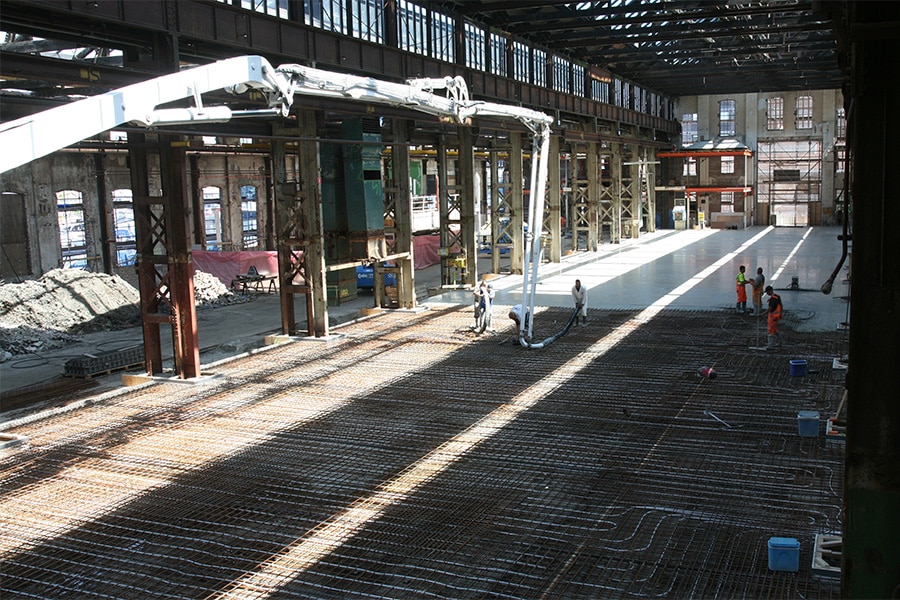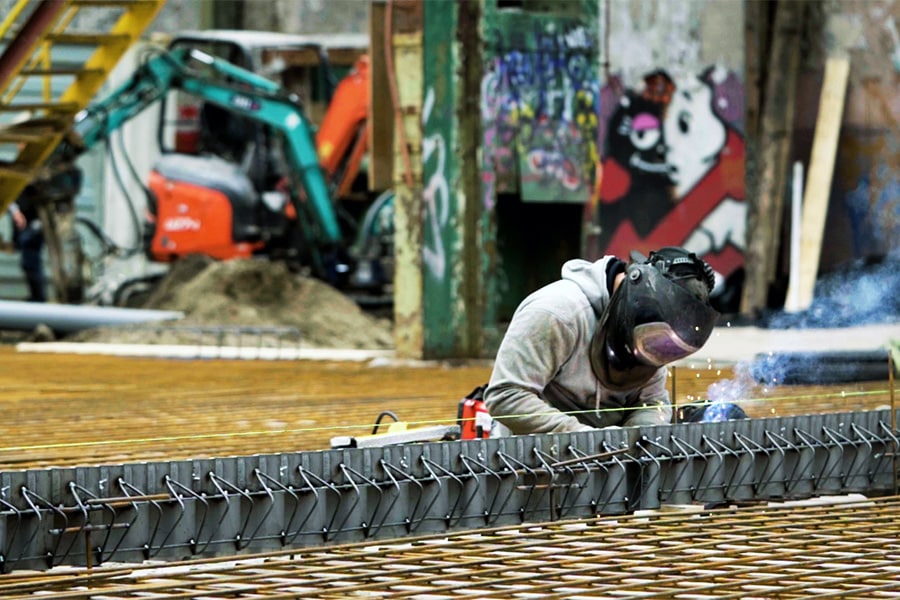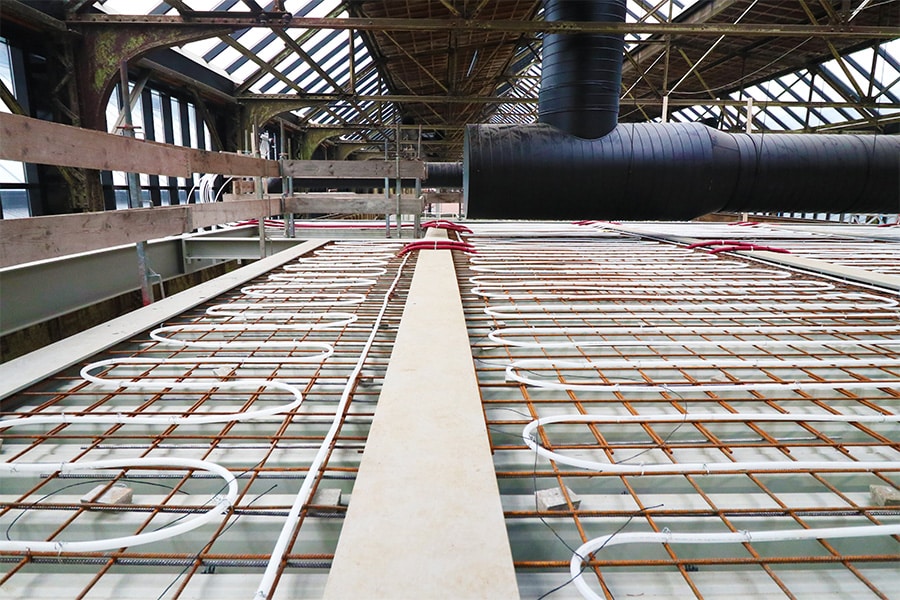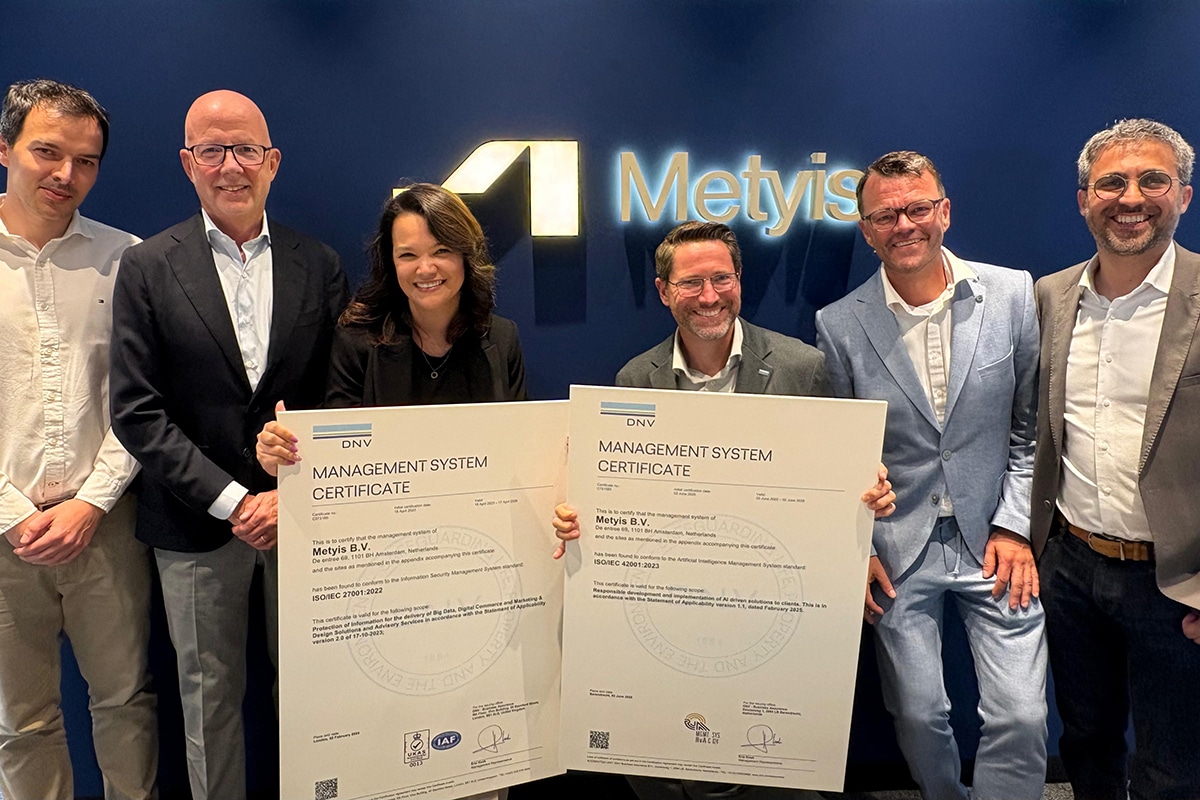
Secondary building materials and energy-saving investments
All over the world, companies are thinking about the transition to minimal environmental impact. Products, knowledge and logistics are being scrutinized and adapted. One company that is very much taking on this responsibility is De Hoop Terneuzen.
What began at the beginning of the last century as a modest Zeeland-Flanders family business, grew into a trading and production company of high-quality building materials, concrete mortar, concrete products and building materials, as well as do-it-yourself stores. In 2022, De Hoop has more than 45 subsidiaries in the Netherlands and Belgium. The common thread in these companies? The search for building materials for the future, independently and together with industrial partners.
Family business
"De Hoop is a family business," says Kees van der Plas, manager of Product Development and Innovation at De Hoop Terneuzen. "Here the penchant for sustainable decisions is always emphatic. After all, the company was started to give the next generation a better future. This mission fits seamlessly with the mission to leave as small a footprint as possible in a circular economy. Long-term goals are central."

Recyclable concrete
The realization of this mission can be felt and noticed everywhere in the operations. For example, production in De Hoop's recycling plant is focused on high-quality concrete aggregate. "Most recyclers focus on foundation material and extract 10 to 20% of concrete aggregate from the rubble inflow," Van der Plas says. "We make 70% high-quality recyclable. It's not the cheapest choice, but environmentally the best at the moment."
Knowledge Development
In the same sector, research into the use of steel slag is ongoing. Blast furnace slag is already used in the production of concrete; De Hoop is now investigating the possibility of steel slag to replace primary minerals. The search is also ongoing in the concrete mortar industry to change the granulate and develop other binders. "The market demand will change," Van der Plas explains. "It is up to us to see how these demands relate to the environmental impact."
Minimizing Materials
Another project is Circle, in which turnkey housing units are designed to minimize material use. "The designs are movable, switchable and stackable; the products used retain their value because they are reusable several times. The elements are dimensioned in advance for strength to make them suitable for later applications."

Environmentally friendly transportation
As in any industry, logistics plays an important role within De Hoop. Here, with a view to sustainability, the first electric concrete mixers have made their appearance. Transport takes place mainly by boat, for which De Hoop uses its own fleet.
Knowledge Development
Together with building materials stores, De Hoop looked at value in the future. Van der Plas: "This showed that customers of building materials stores have a great need for knowledge about the circular construction economy. Large contractors can hire specialists for this. For smaller scale parties, we are now looking at whether we can play a role in this. Working together is part of the circular economy."
"The circular economy is evolving and at the same time there are still many questions. Although the starting points are generic, it is still unclear what regulations will result. What is certain is that we need to work together for this. Concrete already has many sustainable elements in it. It is reliable, now and fifty years from now. Now we need to improve the footprint while maintaining this reliability."



